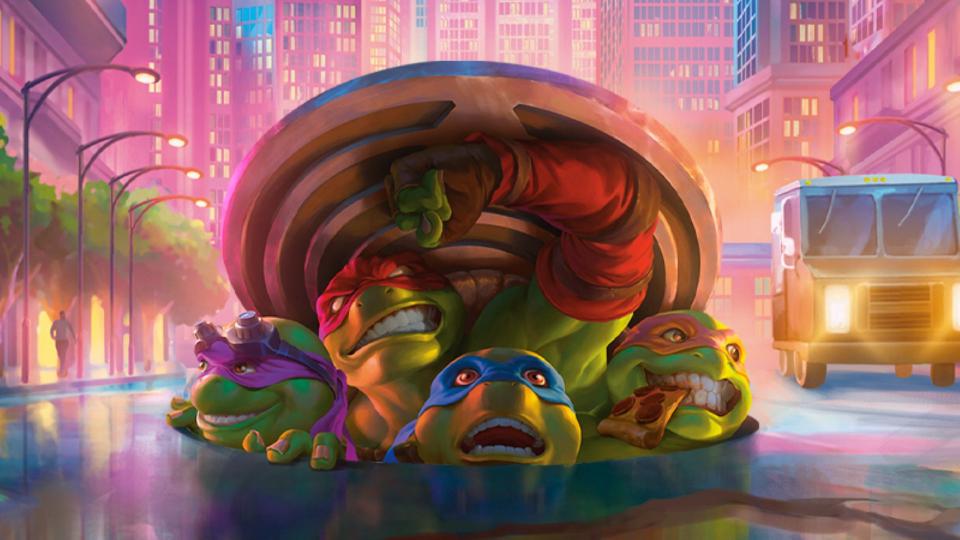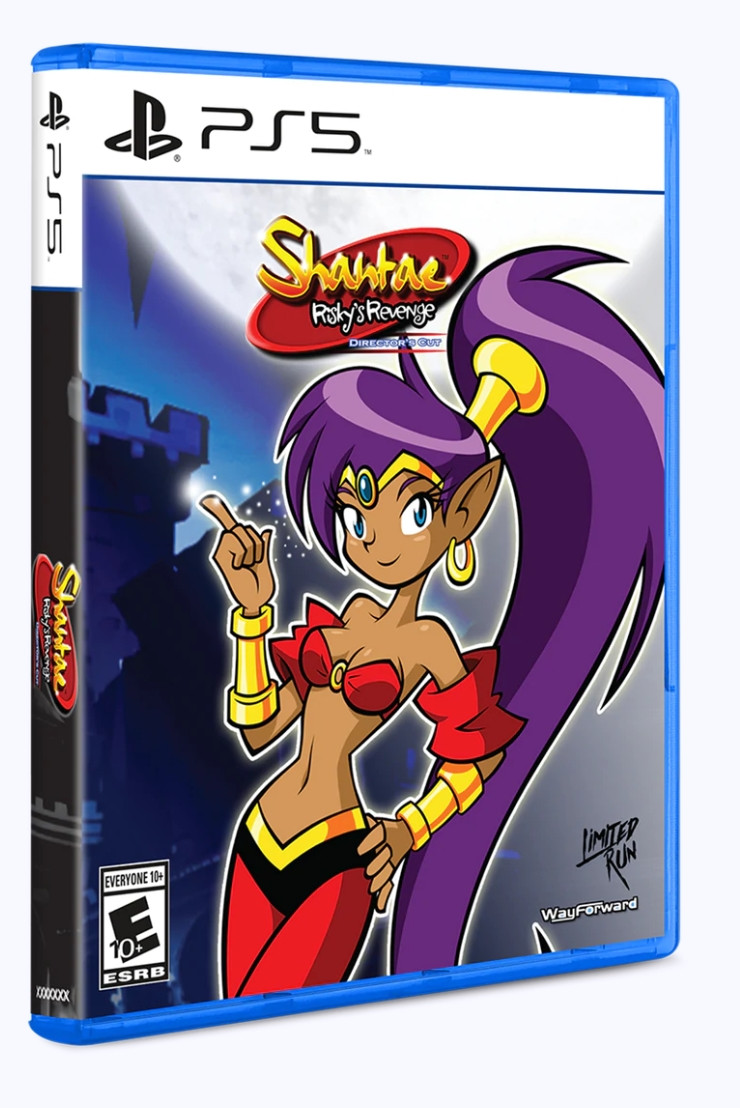As gaming enthusiasts reflect on the now-defunct E3, many industry veterans express nostalgic sentiments about the event's golden years. From legendary console battles involving Xbox 360, PS3, and Nintendo Wii to remarkable moments like Peter Moore's Halo 2 tattoo reveal, E3 was once the ultimate stage for major gaming announcements. Figures such as Tom Kalinskie, Peter Moore, and Steve Race recall E3 as a battleground and a creative canvas for the gaming industry. However, factors like evolving media landscapes, immense planning requirements, and the COVID-19 pandemic contributed to the show's decline. The shift towards more individual publisher-led events, like Summer Game Fest, signifies a new era for the gaming community.
Why did E3 decline and eventually cease to exist?nE3's decline resulted from changing media landscapes making real-time press coverage less necessary, high planning demands diverting developers' efforts, and the COVID-19 pandemic accelerating the shift to individual online events by publishers.
E3, the Electronic Entertainment Expo, was once the leading trade show in the gaming industry, hosting annual events where major companies like Microsoft, Sony, and Nintendo showcased their latest developments. The show’s decline highlights the evolving nature of game marketing and consumer engagement in the digital age.








Comments
E3 was a magical time for gamers, filled with unforgettable announcements and industry-defining moments, but the shift towards digital events signifies a more agile and direct approach to connecting with audiences. As much as I'll miss those grand presentations, it’s exciting to see how publishers are embracing this new digital frontier.
It's wild to think how E3 went from being the gaming world's biggest stage to essentially a relic of the past. The pivot to individual online events like Summer Game Fest shows just how much our media consumption habits have changed.
Man, E3 really had its golden years of epic unveilings and showdowns, but the rise of digital events and individual showcases truly speaks to how the game of marketing and engagement has evolved. It's a bittersweet farewell to an era, but also a nod to the ever-adaptive nature of the industry.